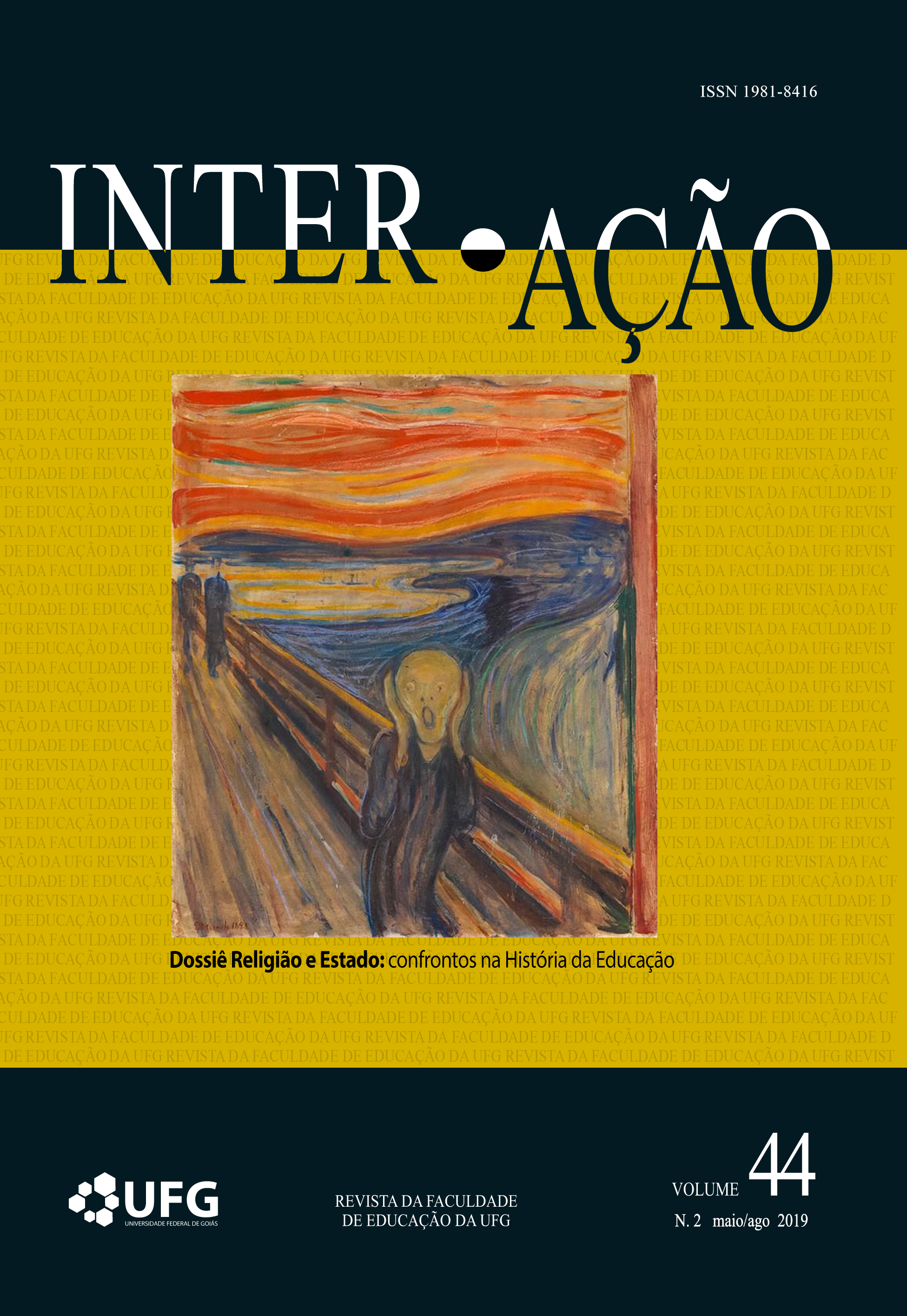PROJOVEM URBANO: ESTRATÉGIA EDUCACIONAL PARA REDUÇÃO DA POBREZA NOS GOVERNOS LULA DA SILVA E DILMA ROUSSEF?
DOI:
https://doi.org/10.5216/ia.v44i2.55689Abstract
O artigo visa analisar o alinhamento das ações comunitárias estimuladas no ProJovem Urbano (PJU), ao papel atribuído à educação no novo milênio, o de produzir capital social como estratégia para redução da pobreza e das desigualdades sociais. A pesquisa documental-empírica foi desenvolvida no município de Mesquita/RJ e fundamentada no pensamento histórico-crítico. Com base na análise dos relatórios das agências multilaterais, observação das aulas e entrevistas realizadas com professores, conclui-se que o PJU se configura como estratégia de governabilidade, a serviço da “administração” da pobreza. Sem muito explorar politicamente as ações comunitárias, os professores acabam por fortalecer a “união dos esforços” para que os problemas sociais se mantenham no patamar sustentável e não atrapalhem os interesses do grande capital.
Downloads
Published
Versions
- 2026-01-21 (2)
- 2019-08-13 (1)
How to Cite
Issue
Section
License
Copyright (c) 2019 CARLOS SOARES BARBOSA

This work is licensed under a Creative Commons Attribution-NonCommercial 4.0 International License.
Inter-Ação uses the Creative Commons Attribution 4.0 License for Open Access Journals (Open Archives Initiative - OAI) as the basis for the transfer of rights. Open access means making documents available on the Internet free of charge, so that users can read, download, copy, distribute, print, search, or link to the full text of documents, process them for indexing, use them as input data for software programs, or use them for any other lawful purpose, without financial, legal, or technical barriers.
Authors publishing in this journal agree to the following conditions:
1) Authors retain copyright and grant the journal the right of first publication, with the work simultaneously licensed under the Creative Commons Attribution License, which permits redistribution of the work with attribution and first publication in this journal.
2) Authors are permitted to enter into additional, separate agreements for non-exclusive distribution of the version of the work published in this journal (e.g., for publication in an institutional repository or as a book chapter), with attribution and first publication in this journal.
3) Authors are permitted and encouraged to publish and distribute their work online (e.g. in institutional repositories or on their home page) at any time before or during the editorial process, as this may generate productive changes as well as increase the impact and citation of the published work.















